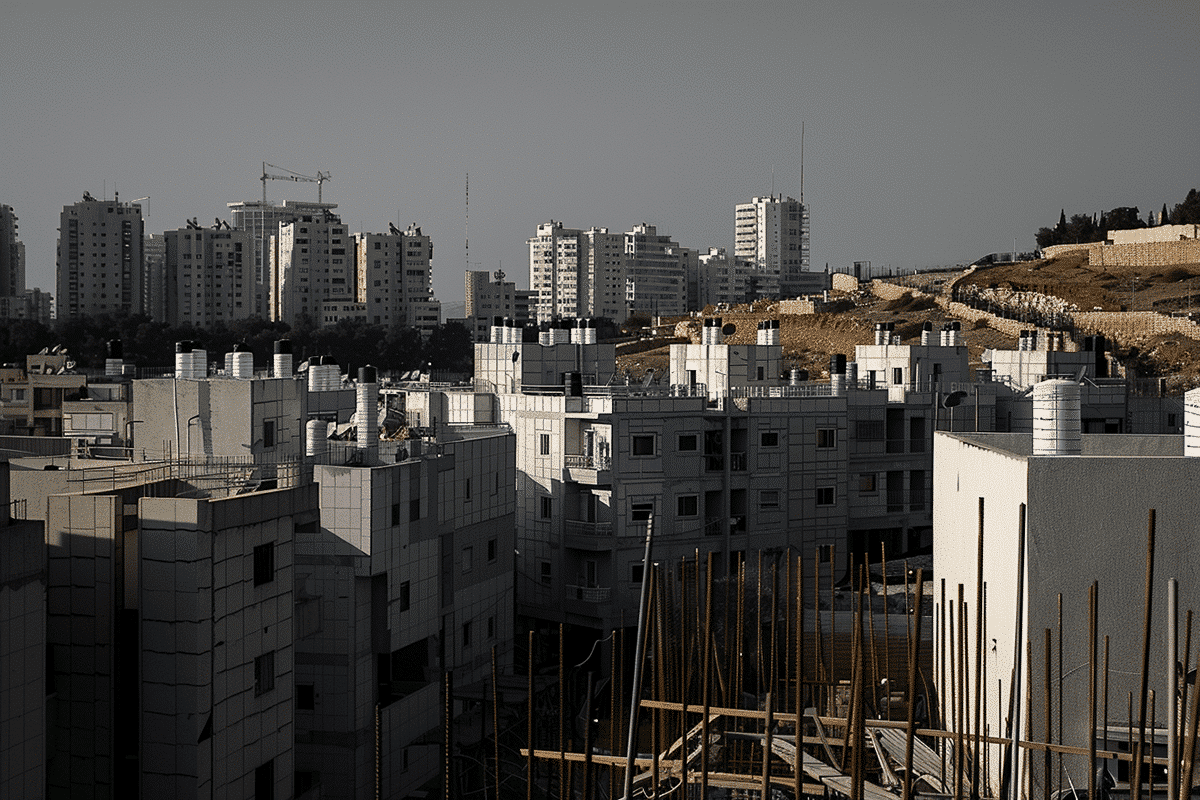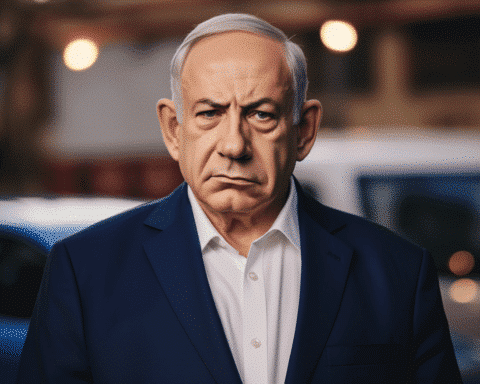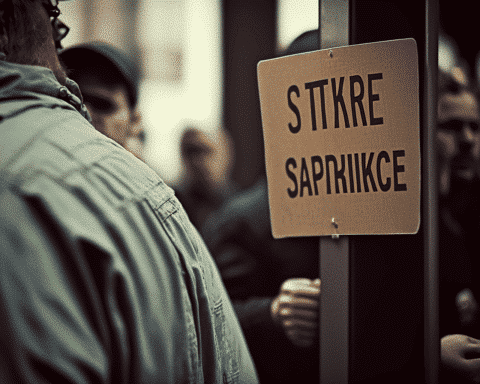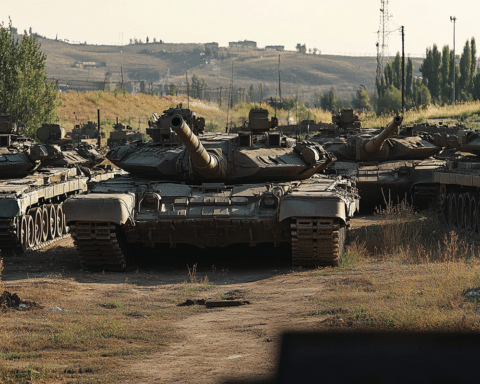In a significant move that has stirred international concern, the Israeli government has greenlighted plans for nearly 5,300 new homes in various settlements across the occupied West Bank. This decision, part of Israel’s aggressive strategy to accelerate settlement growth, is seen as an effort to strengthen Israeli dominion and effectively block the creation of a future Palestinian state.
The plans, approved by Israel’s Higher Planning Council, have escalated tensions in a region already marred by months of conflict. The approval not only encompasses new housing units but also legalizes three previously informal outposts as neighborhoods in the strategic areas of the Jordan Valley and near Hebron. This step marks one of the largest land appropriations in over three decades, according to the Israeli monitoring group Peace Now.
The expansion of settlements coincides with renewed efforts to negotiate a cease-fire in the ongoing nine-month war in Gaza, which has seen devastating consequences. The Israeli Prime Minister, Benjamin Netanyahu, has actively resumed diplomatic negotiations, spurred by a new U.S.-backed proposal. Meanwhile, the conflict between Israel and Hezbollah has intensified, with Hezbollah retaliating against Israel in response to the killing of one of its senior commanders. This retaliation included the firing of over 200 rockets and exploding drones into northern Israel, igniting fears of a broader regional conflict.
The decision to expand settlements has been met with criticism from various quarters, including Palestinians and international allies like the United States. Despite voicing opposition to such expansions, U.S. actions to pressure Israel on the settlement issue have remained notably restrained. This latest development might further strain the diplomatic ties between the two nations, especially as the U.S. continues to advocate for a revival of the peace process aimed at establishing a Palestinian state.
The landscape of the West Bank has become increasingly volatile. Reports from Peace Now highlight a surge in violence, with settlers launching over a thousand attacks against Palestinians since the onset of the Gaza war. These confrontations have resulted in deaths, significant property damage, and the displacement of Palestinian residents, exacerbating an already tense situation.
The Israeli government, dominated by settlers and their proponents, with Finance Minister Bazalel Smotrich, a settler himself, at the helm of settlement policy, shows a clear intent to prevent any possibility of a Palestinian state. This stance has further fueled the ongoing violence and resistance in the region.
As the international community watches closely, the revival of cease-fire talks between the warring factions offers a glimmer of hope. The proposed U.S. cease-fire plan entails a complex, three-phase process beginning with a cease-fire, the pullback of Israeli forces, and a series of hostage releases in exchange for the release of Palestinian prisoners. However, the negotiation process remains fraught with challenges, with both sides expressing skepticism about the terms and feasibility of the agreement.
The Israeli Prime Minister has communicated with U.S. President Joe Biden, affirming his commitment to achieving Israel’s war objectives, which include rescuing hostages and neutralizing Hamas. This discussion underlines the precarious nature of the negotiations and the dire need for a durable solution to bring about peace in the volatile Gaza region.
As the Middle East stands on the brink of a potentially more devastating conflict, the international community remains hopeful yet cautious about the prospects of reaching a comprehensive and lasting peace agreement. The situation continues to evolve, with the world keenly observing the next steps in this complex geopolitical saga.




